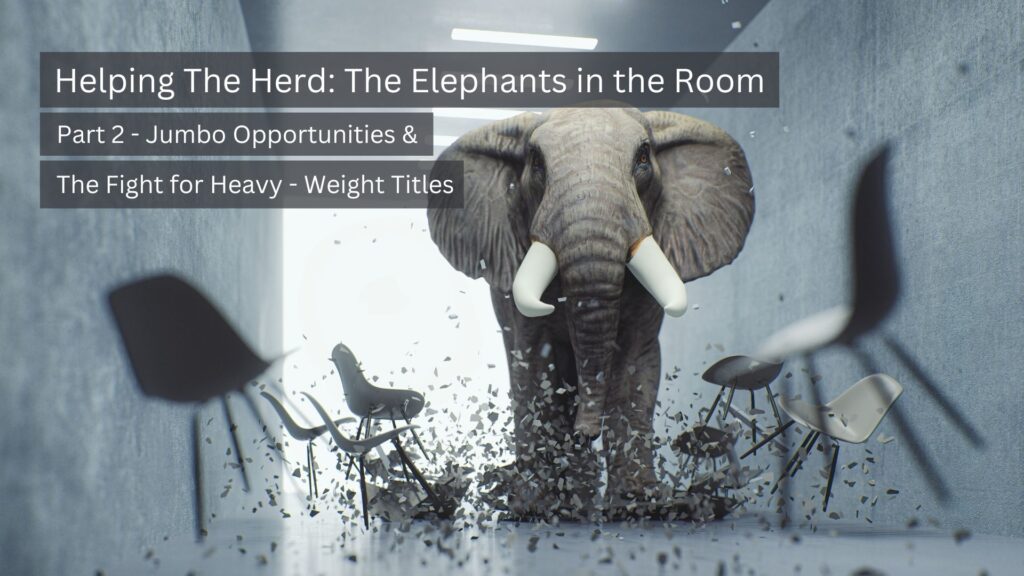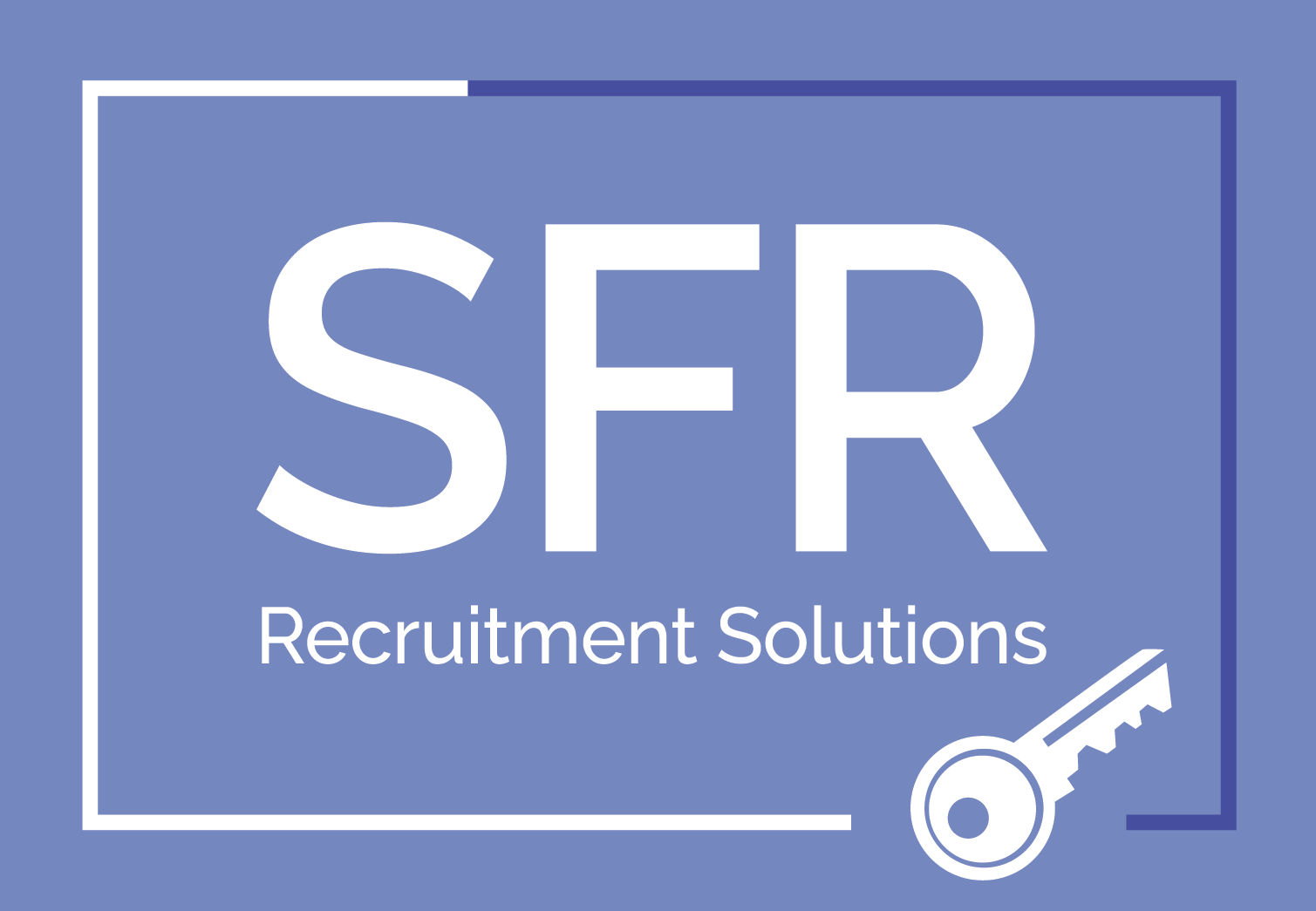
Written by Bryony Matthews & Matthew Robinson
Over 986 million.
That’s the amount in US dollars that the highest-grossing traditionally animated film of all time made during its initial release in 1994.
Even in the animal kingdom, titles hold great social relevance- a concept that The Lion King’s narrative is hinged upon.
With its power to evoke emotions, it’s no wonder that the enchanting tale strikes a chord with us.
In the movie, when it comes to being King; Scar was overly entitled, whilst Simba was largely burdened – two polar opposite belief systems, that many of us may have witnessed in others, especially in relation to the working environment.
Whether it’s the formalities of being addressed properly, or what we do for work: titles can be a sensitive area, as they serve to summarise who we are- and what we have achieved.
In the pursuit of a winning title, however, we want to keep any recipes for disaster in the past, much like the ‘Come Dine With Me’ archives.
Titles might not be weighted to everyone in an equal sense, and for some: it might not matter at all.
Putting personal preferences aside, it’s important not to glean over the fact that it matters to some, and recognise that our titles go hand in hand with our career development, along with any respective promotions.
When it comes to new opportunities, a job title can offer clarity and succinctly represent the duties and expectations of the role and its responsibilities.
There is a risk, however, that it doesn’t.
This can cost time and money, delaying the efficiency of the recruitment process and the overall experience for our sectors workforce.
Integrating a new member of staff is a shared experience- it can impact the whole team and their respective workload, well-being and morale, both positively and negatively.
When it comes to the ironmongery sector, there aren’t many titles for the taking. Anyone looking for a heavy-weight title will want to ‘float like a butterfly, sting like a bee’ – not struggle to punch, like a fight in a dream.
It’s important for development and progression to be attainable to retain talent, or the zest for progression has potential to come and go as quickly as the latest viral TikTok.
In comparison to other sectors that may offer more consistency in titles and their respective duties, job titles in architectural ironmongery are often influenced by the size of the business and the number of departments – as a result, roles can include very different responsibilities, from one company to another.
The comparison for opportunities therefore, is not necessarily apples for apples, posing a risk that other sectors can be more appealing based on a more ‘weighty’ title.
SFR reveals a closer look into how strategic job titles can influence the recruitment process. Here are some insights and solutions to the matter at hand;
1. Reflecting the Problem: In some cases, hiring managers end up changing job titles and descriptions to attract more suitable candidates, after low engagement with vacancies. It’s essential that a job title accurately reflects and communicates the challenges and objectives a company aims to address, and it may require thinking ‘outside of the box’ to efficiently attract talent that is aligned with the mission and vision.
2. Considering Responsibilities: It is necessary to address the demands placed on the business to both determine and highlight the appropriate level of seniority and responsibility for each job title. Ensuring clarity on structure up front ensures that the expectations are understood and explains differences from one company to another, without assumption.
3. Communicating Flexibility Levels: Recognising that the size of the company largely impacts job titles and organisational structures, discussions should include where flexibility can be offered, or where there are more rigid hierarchies. This can help with a seamless fit into the business and avoid assumptions that a job title might come with expected levels of rigidity or greater flexibility.
4. Fostering a Culture of Growth: Understanding how much someone is driven by their title helps in creating a culture that values talent development and growth. Clarity relating to the job title, such as how the role might transition into a more senior role, or what training aligns with the expectations and responsibilities of the position can motivate and retain top talent.
5. Prioritising Individual Development: Implementing individual development programs to nurture and support future talent ensures that growth is not left to chance. By offering personalised growth plans, organisations can address any discrepancies in expectations relating to the job title early on and ensure that employees have the opportunity to reach their full potential.
By reviewing these factors, companies in the architectural ironmongery sector can attract top talent, reduce risks, and create a thriving workforce.
Whilst strategic methods can be used to attract talent through an effectively communicated job title, the creation of great opportunities is multi-faceted.
Where candidates are concerned, the pursuit for what is ‘ideal’ is personal, and it can easily leave anyone lost in the woods.
If you are looking for your next jumbo opportunity, remembering to remain open to exploring options, trying new things and asking key questions goes a long way in finding the right fit.
